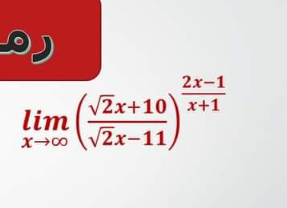
AllQuestion and Answers: Page 587
Question Number 161202 Answers: 0 Comments: 0
Question Number 161196 Answers: 0 Comments: 0
Question Number 161194 Answers: 0 Comments: 1
Question Number 161192 Answers: 0 Comments: 2

Question Number 161186 Answers: 2 Comments: 0

Question Number 161181 Answers: 0 Comments: 1
Question Number 161179 Answers: 0 Comments: 1

Question Number 161178 Answers: 1 Comments: 0
Question Number 161177 Answers: 1 Comments: 0

Question Number 161176 Answers: 0 Comments: 0
Question Number 161169 Answers: 2 Comments: 0
Question Number 161168 Answers: 2 Comments: 1
Question Number 161166 Answers: 1 Comments: 0
Question Number 161163 Answers: 1 Comments: 0

Question Number 161162 Answers: 0 Comments: 0
Question Number 161159 Answers: 2 Comments: 0

Question Number 161150 Answers: 0 Comments: 1

Question Number 161156 Answers: 1 Comments: 0
Question Number 161146 Answers: 0 Comments: 0

Question Number 161147 Answers: 0 Comments: 0

Question Number 161139 Answers: 0 Comments: 0

Question Number 161136 Answers: 2 Comments: 0
Question Number 161133 Answers: 1 Comments: 0
Question Number 161123 Answers: 0 Comments: 0
Question Number 161130 Answers: 1 Comments: 0
Question Number 161126 Answers: 1 Comments: 2

Pg 582 Pg 583 Pg 584 Pg 585 Pg 586 Pg 587 Pg 588 Pg 589 Pg 590 Pg 591
